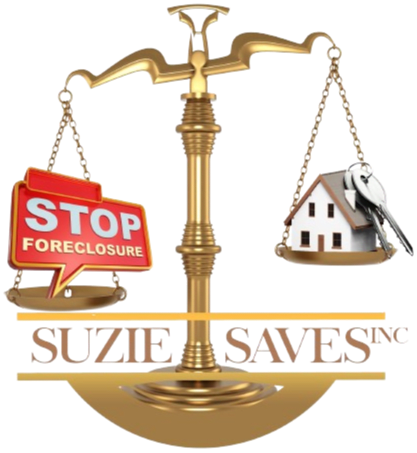Real Estate Laws in New York

Posted on February 24, 2022
New York law requires that real estate agents inform prospective buyers they are working with about the nature of their relationship, as well as about their respective rights and obligations. Under New York property law, you, as the seller of a home in New York, can be held liable by the buyer for failing to disclose certain conditions, or imperfections, about the property during the sales process. State laws in New York (specifically, New York SS 462) require sellers to give buyers a disclosure form, including details about existing defects on a property.
In New York, New York requires that, in order to make the property sale official, it must be done in writing – meaning a verbal agreement is legally unenforceable by either party. Under New Yorks property laws, the sale of a property must be done in writing; therefore, a verbal proposal does not create any binding obligations on either party. Unlike in some states, when it comes to selling your own home under New York State law and NY Real Estate, it is common practice to retain not only a real estate agent to promote and negotiate offers for a property, but an attorney to prepare a sales contract and to represent you during the closing.
From the requirement for closing with a real estate lawyer, to putting specific laws on the lease agreements, there are various intricacies that you need to know about before getting in the market. When it comes to the real estate market, different states and cities have their own laws that are designed to keep buyers and sellers safer. An experienced real estate attorney can help with everything from leases and property rights, to buying or selling a business.
However, a REALTOR(r) is under no obligation to uncover hidden defects in a listing or the management of property, advise on matters beyond the scope of the REALTOR(r)s license, or divulge facts that are confidential within the scope of the Agency or Non-Agency Relationship, as defined in State Law. REALTORS (r) must be required only to detect and disclose unfavorable factors that are reasonably evident to a person who has the knowledge of the areas required under his or her authority under a real estate license.
New York includes joint bank accounts, life insurance policies, retirement accounts, and benefits, trusts in bank accounts, property held jointly by co-tenants, and property held in a trust within that group. If a will exists, but the decedents personal property is worth less than $30,000, and he or she owned the real estate either together or not at all, you must initiate an intestacy petitio, according to New Yorks estate laws. If a parent has died before you, your siblings would divide up your inheritance equally, according to New York inheritance laws. As a final possibility, your nieces and nephews would get your estate.
Cited Sources
- https://www.lawyers.com/legal-info/research/new-york/buying-a-house-in-new-york.html
- https://www.nysar.com/about-nysar/code-of-ethics/
- https://mosheslaw.com/ny-real-estate-law/
- https://smartasset.com/estate-planning/new-york-inheritance-laws
- https://www.garciapantaleonlaw.com/legal-defense-new-york/new-york-real-estate-laws-you-should-know/
